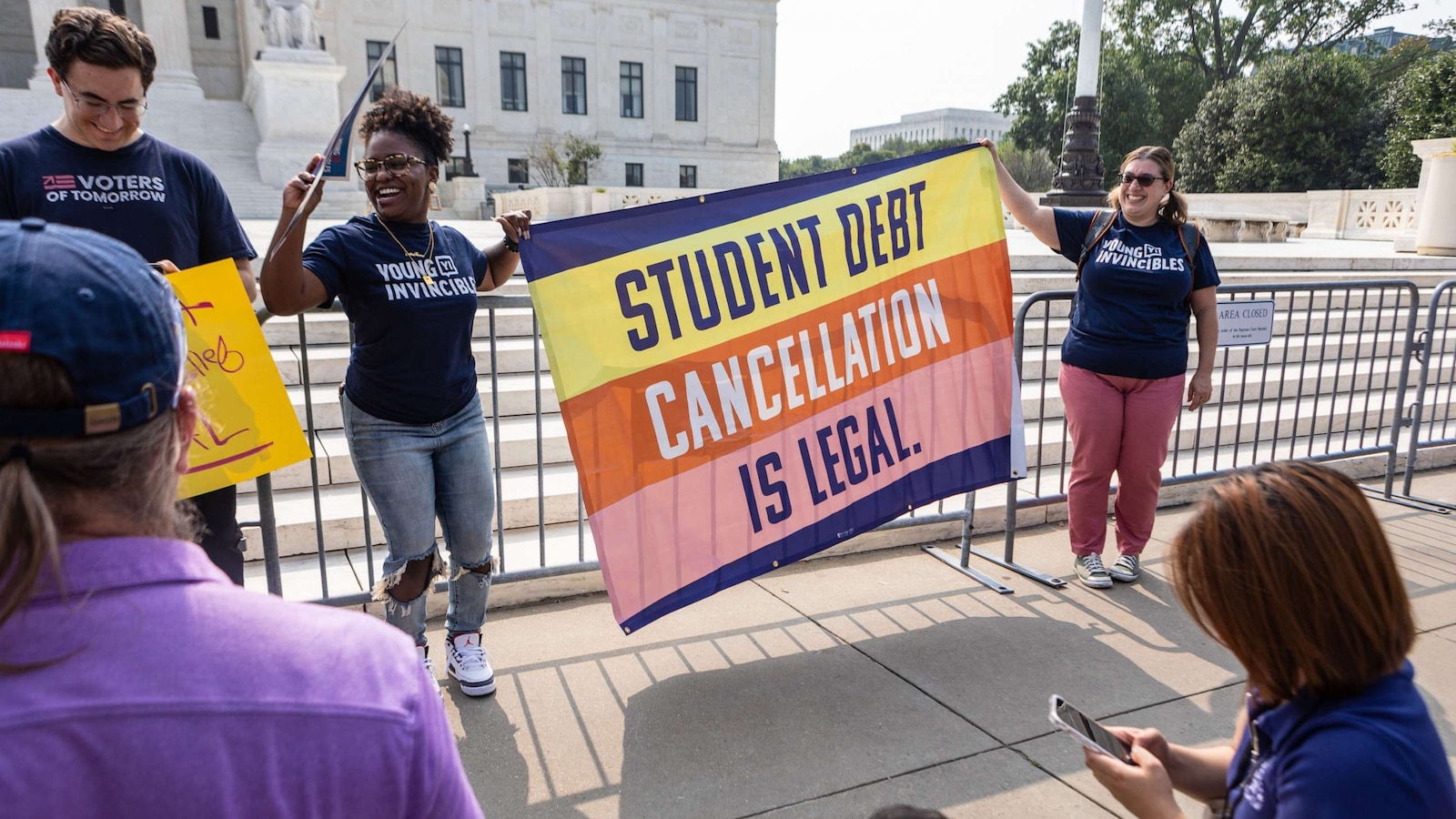The Effect Of Late Student Loan Payments On Creditworthiness

Table of Contents
How Late Student Loan Payments Are Reported to Credit Bureaus
Your student loan lender reports your payment history to the three major credit bureaus: Equifax, Experian, and TransUnion. This reporting is vital to maintaining a healthy credit score. When a payment is not made by the due date, it triggers a delinquency. These delinquencies are categorized based on how late the payment is:
- 30-day delinquency: Your payment is 30 days past due. This is the first stage and often results in a negative mark on your credit report, though it may not significantly impact your score immediately.
- 60-day delinquency: Your payment is 60 days past due. This indicates a more serious problem and will more significantly lower your credit score.
- 90+ day delinquency: Your payment is 90 or more days overdue. This is considered a severe delinquency and will severely damage your credit score. It can also lead to collection actions by your lender.
These late payments are recorded on your credit report, impacting your creditworthiness for years to come.
- Late payments remain on your report for seven years.
- Negative marks from late student loan payments can significantly lower your credit score.
- Multiple late payments can severely damage your credit, making it difficult to obtain loans or credit cards in the future.
The Impact of Late Student Loan Payments on Your Credit Score
Your credit score is a crucial number that lenders use to assess your credit risk. Major scoring models like FICO and VantageScore heavily weigh payment history. A single late payment on your student loans can result in a noticeable drop in your credit score. The magnitude of the drop depends on several factors, including your existing credit history and the severity of the delinquency.
-
Quantitative Impact: A 30-day late payment might cause a drop of 30-50 points, while a 90-day late payment could lead to a drop of 100 points or more. The exact impact varies depending on your individual credit profile.
-
Qualitative Impact: A lower credit score caused by late student loan payments has far-reaching consequences. You'll likely face higher interest rates on future loans (mortgages, auto loans, personal loans), making borrowing more expensive. Landlords may be hesitant to rent to you, and some employers even conduct credit checks as part of the hiring process.
-
Even one late student loan payment can negatively impact your credit score.
-
A lower credit score can lead to higher interest rates on future loans, increasing your overall debt burden.
-
You may face difficulty securing favorable terms on credit cards, mortgages, and auto loans.
Strategies to Avoid Late Student Loan Payments
Proactive management of your student loan debt is crucial for maintaining a healthy credit score. Here are some strategies to avoid late payments:
-
Budgeting and Financial Planning: Create a detailed budget that tracks your income and expenses, ensuring you allocate sufficient funds for your student loan payments. Prioritize these payments to avoid delinquency.
-
Automatic Payments: Set up automatic payments from your bank account. This eliminates the risk of forgetting a payment due date.
-
Loan Consolidation or Refinancing: Explore consolidating multiple student loans into a single loan or refinancing to potentially secure a lower interest rate and more manageable monthly payment.
-
Deferment or Forbearance: In times of financial hardship, consider deferment or forbearance. These options temporarily suspend or reduce your payments, but they should be used cautiously as interest may still accrue. Always communicate with your lender to discuss your options.
-
Communication with Your Lender: If you anticipate any difficulty making your student loan payments, contact your lender immediately. They may be able to work with you to create a repayment plan or explore other options to avoid delinquency.
-
Explore income-driven repayment plans to lower your monthly payments.
-
Consider seeking financial counseling from a reputable organization for personalized guidance.
-
Prioritize student loan payments over other debts if necessary to avoid late payments and their impact on your credit score.
Conclusion
Late student loan payments have a significantly negative impact on your creditworthiness, resulting in lower credit scores and hindering your access to future financial opportunities. Understanding how late student loan payments affect your credit report and score is essential for maintaining good financial health. Don't let late student loan payments damage your credit score. Take control of your finances today by implementing a solid repayment plan, monitoring your credit report regularly, and proactively communicating with your lender. Understand the effect of late student loan payments and take steps to protect your financial future.

Featured Posts
-
 Knicks Collapse Last Minute Playoff Hopes Dashed By Clippers
May 17, 2025
Knicks Collapse Last Minute Playoff Hopes Dashed By Clippers
May 17, 2025 -
 Angelo Stillers Path To Success Highlights And Shortcomings Of Bayern Munichs Academy
May 17, 2025
Angelo Stillers Path To Success Highlights And Shortcomings Of Bayern Munichs Academy
May 17, 2025 -
 Late Bayern Munich Goals Secure Crucial Win Against Stuttgart
May 17, 2025
Late Bayern Munich Goals Secure Crucial Win Against Stuttgart
May 17, 2025 -
 How To Watch The Philadelphia 76ers Vs Ny Knicks Game Tonight
May 17, 2025
How To Watch The Philadelphia 76ers Vs Ny Knicks Game Tonight
May 17, 2025 -
 Kino Pavasario Sekme 70 000 Ziurovu Ir Populiariausi Filmai
May 17, 2025
Kino Pavasario Sekme 70 000 Ziurovu Ir Populiariausi Filmai
May 17, 2025
